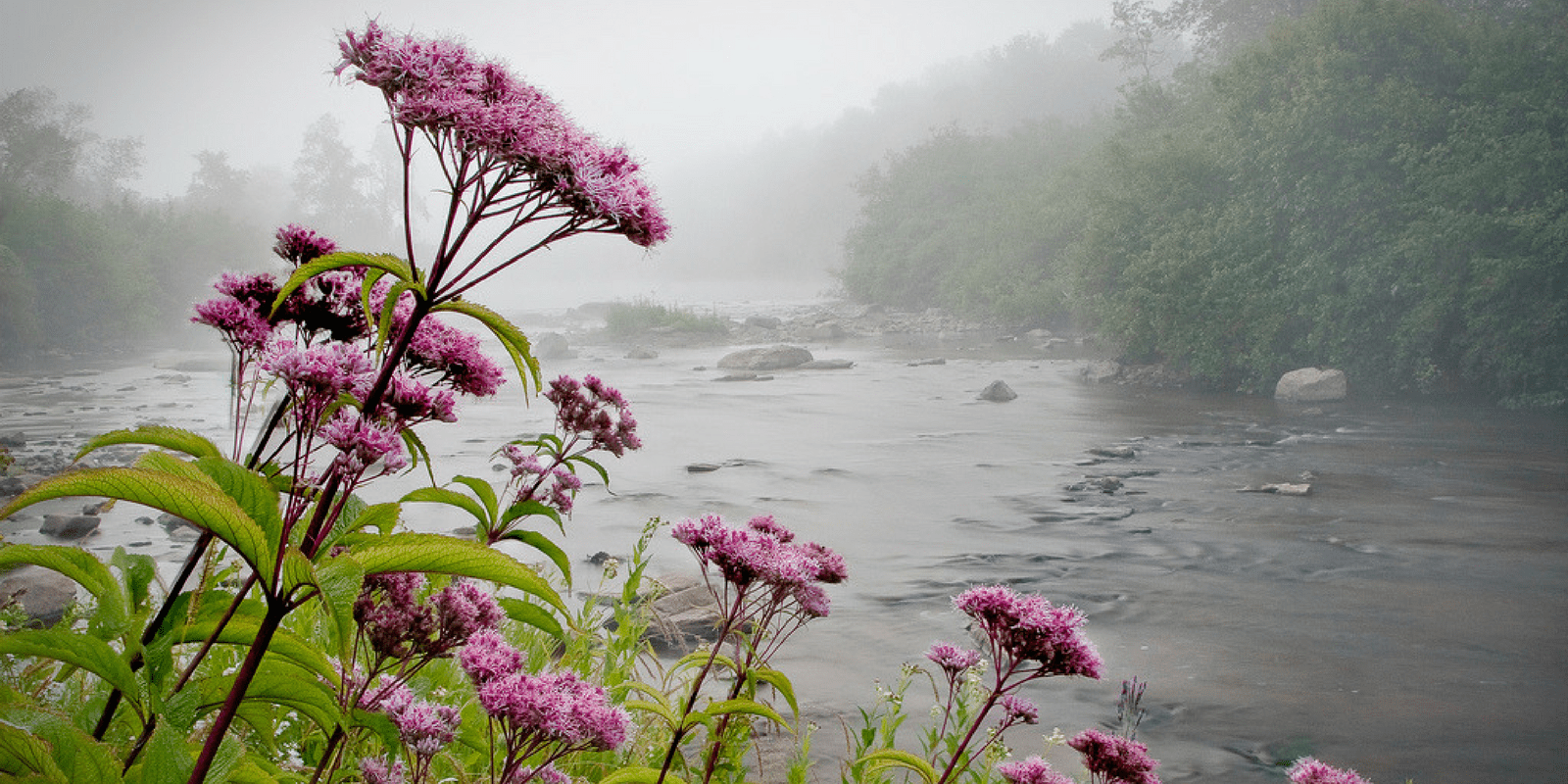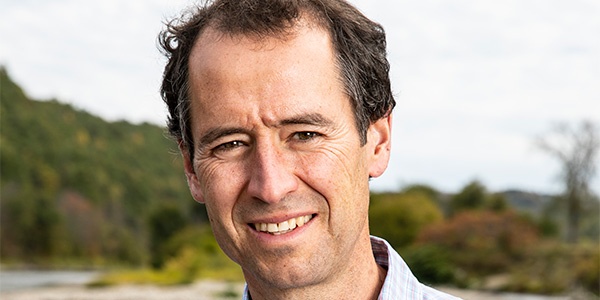We have much more to do and your continued support is needed now more than ever.
A Voice from Coal Country
Looking for a Better Future for People and Wildlife

On October 9, 2017, Environmental Protection Agency Administrator Scott Pruitt announced the beginning of a process to repeal the Clean Power Plan – the nation’s first federal measure to reduce deadly carbon pollution from coal fired power plants. The Clean Power Plan, if implemented, will cut climate causing carbon emissions from power plants by more 30 percent over the next 13 years.
A recent public hearing in Charleston, West Virginia on the proposed rollback of these sensible protections for people and wildlife resulted in a civil debate that clearly underscored the people of “coal country” Appalachia desire for a thriving, clean, and safe future.
Please read the eloquent remarks from Angie Rosser, the Executive Director of National Wildlife Federation’s affiliate West Virginia Rivers Coalition, that captured the yearning of West Virginians and all Americans:
I’m Angie Rosser, I’m a resident of Clay County West Virginia. I also work for the West Virginia Rivers Coalition, a non-profit organization based out of Charleston.
As you know, the Clean Power Plan is a response to a Supreme Court ruling that carbon pollution be regulated. And as the EPA administrator and the President have yet to put forward a credible plan to comply with the Supreme Court’s decision, I speak in opposition to this repeal. But my comments speak to a bigger picture of what I see happening in my state and country, today, everyday, that needs to change.
This hearing today brings an unusual occurrence of having America’s eyes on West Virginia. Usually, I think of our state as rather invisible, forgotten, dismissed as backward or hopeless. We seem only to get attention when something terrible happens here – a water crisis, a flood, tragic mining deaths.
This day I’m not surprised to see people with mainly two vastly opposing views flock to my state. Trump’s EPA probably chose our state as the location because they believe West Virginians overwhelmingly stand with coal companies. They might also surmise the majority here support rolling back protections to the detriment of the environment and public health. But living in the heart of “coal country,” I find neither is true.
West Virginians are keenly aware of the effects of pollution on our state’s people and the nation. And miners I talk to know that coal jobs will continue to dry up – with or without a Clean Power Plan.
We all want a better way forward for our state and our country. Still, miners are like everyone else when it comes to putting food on the table. They are hard workers and they deserve safe, good-paying jobs.
But we’ve been pitted against each other by propaganda that tell us we will either have coal or we will have nothing. This is the lie that keeps our state poor. Not regulation. The cause of poverty in West Virginia is the failure of those in power to tell the truth, and do something about it.
That’s the real reason for picking a “coal” state for the hearing — to widen an artificial divide among people who share a heartfelt desire for a better future. It’s to create a public spectacle that sparks deeper division, not to bring the country together on something that affects everyone.
It makes for good reality TV, but it doesn’t help us deal with the reality of life in America. That reality includes the heartache of economic transformation that is leaving many rural people behind. For generations, miners — like family farmers in other rural states — took pride in their roles in creating a prosperous nation. Shuttered storefronts across rural America are a daily reminder for rural people that their place in the fabric of society is vanishing. And so it is here in coal country.
Environmental advocates also need to look at how we fuel the conflict. When we work for a clean-energy future, we need to acknowledge that, for some of our fellow citizens, there is no place in it for them. It’s no wonder to me environmentalists are villianized for anti-coal positions that seem to disgrace a cultural identity deeply held by many in my state.
It’s easy to point the finger at West Virginia for favoring dirty fuels over public health, but one has to understand the complexities of grasping onto a way of life when it’s all you’ve known, and you don’t see the same opportunities available in other, more urban states.
When I talk to people in coal communities, I sense they know that a repeal of the Clean Power Plan won’t slow the decline of coal. Most commonly the comment is, “Nothing will help bring it back the way it was.” I hear coal miners wanting a different set of options for their sons and grandchildren and that the clock is ticking to do something different than leaning on a dying industry.
Instead of a public feud over the Clean Power Plan, most West Virginians are looking for ways to create job opportunities for displaced coal miners. For example, the RECLAIM Act — currently before Congress — would invest in economic development and diversification, while addressing restoration of the lands and waters most impacted by coal mining.
West Virginians are great people. We’re not backward. We’re not close-minded. We, like you, are looking for a way forward in a complicated world. It’s not just about West Virginia. It’s about us all.
This EPA, this Administration, thrives on public anger and conflict. It’s a distraction. When people are fighting, they are not talking. And this is a time we need to be talking with one another.
Picking extreme positions on either side of any public policy debate rarely helps get something good done. I hope, despite the Trump administration’s staging, we can truly listen to each other and discover common solutions.






















